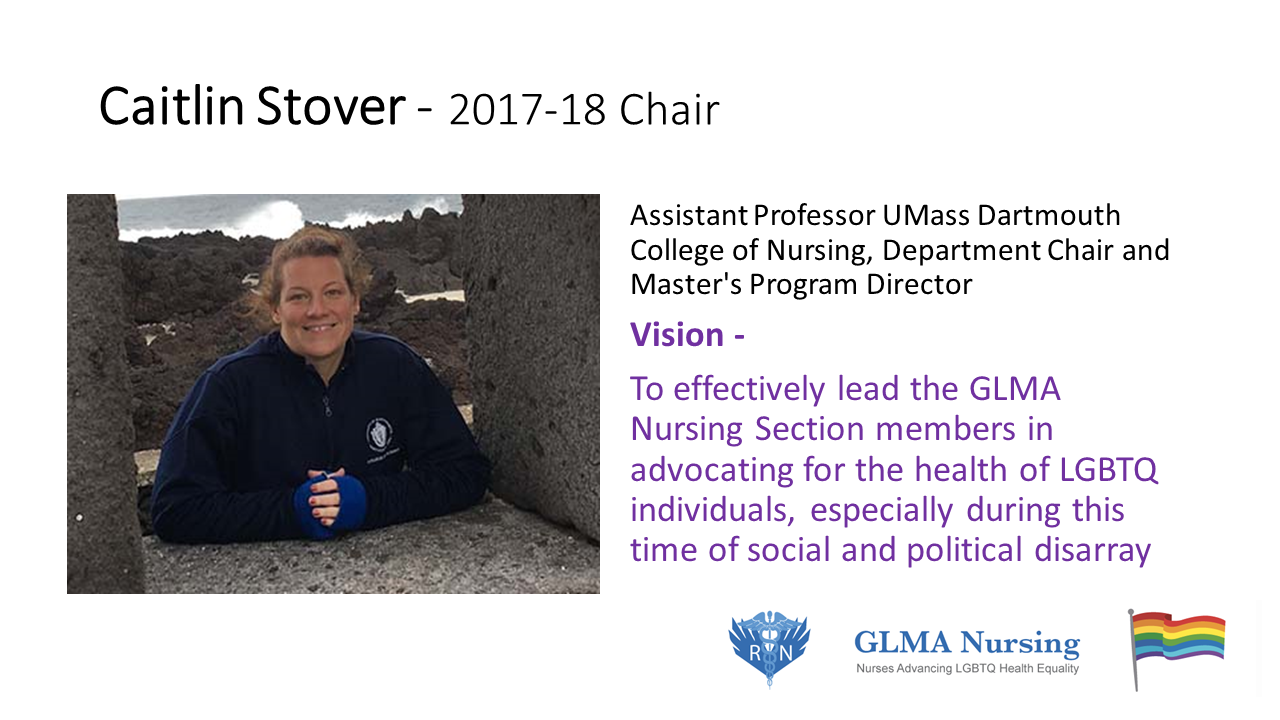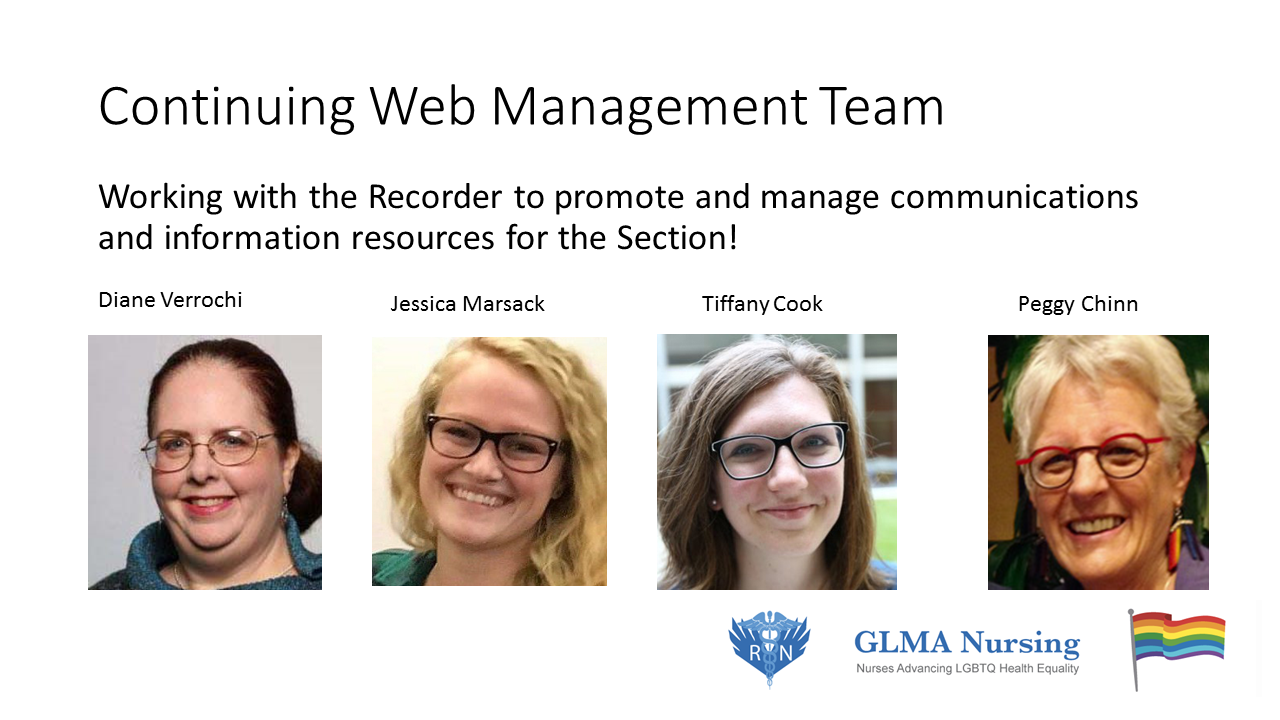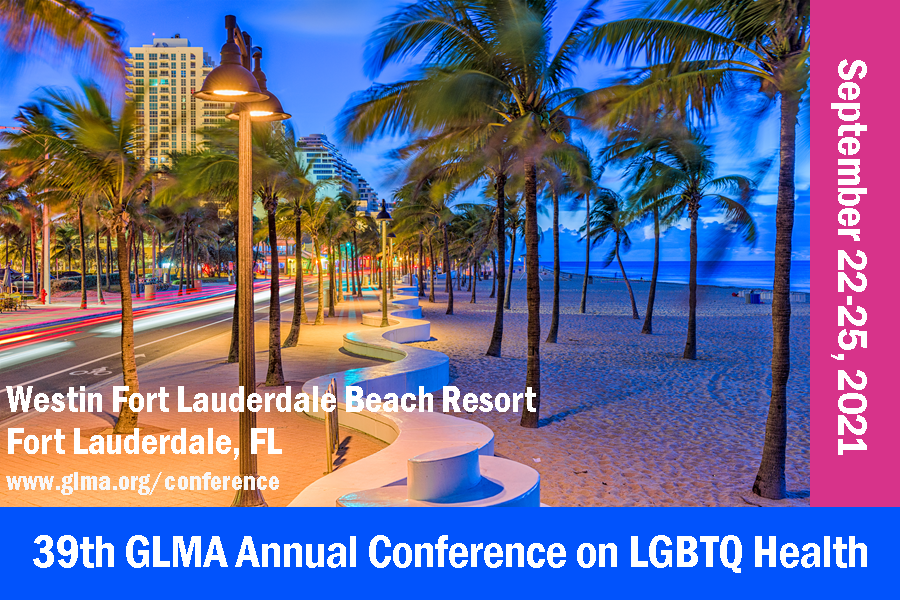
The 2017 GLMA Nursing Summit in Philadelphia was an overall success.
Our new Chair, Caitlin Stover, and Past Chair, Michael Johnson, facilitated the events of the day.

Jesse Joad and Hector Vargas welcomed us at the start of the day.

After which, Caitlin Stover led us in an innovative “Speed Networking” exercise, enabling lots of new connections to be made.

Throughout the day, we had “pop-up” presentations of student work. These included
| Kasey Jackman |
Nonsuicidal Self-Injury among Transgender People |
| Jessica Marsack |
Couple’s Coping and Health Maintenance Behaviors: Exploring Dyadic Stigma in American Gay Male Couples |
| Shannon Avery-Desmarais |
Cultural Humility: Is it Ready for Prime Time? |
José A. Parés-Avila led a panel discussion on Intersectionality in the LGBTQIA Nursing Agenda with Alana Cueto, Andrew Fernandez, and Christina Machuca. We also heard from Jeffrey Kwong, Walter Bockting, Kasey Jackman, Billy A. Caceres on the Program for the Study of LGBT Health at Columbia University Medical Center.
After lunch, we gave our annual Nursing Excellence Award to the Mazzoni Center, Philadelphia’s Center for LGBTQ Health and Well-Being. Pictured below is Ralph Klotzbaugh, our immediate past Budget Officer, with Dane Menkin of the Mazzoni Center. Dane also gave a presentation entitled “Transgender Care: Protected, Honored, and Provided by Nurses”

Jessica Landry and Todd Tartavoulle presented the preliminary results of the ongoing Louisiana State University educational initiative, Delivering Culturally Sensitive Care to LGBT+ Patients.
As always, we also broke out into smaller skill-building workgroups. Stay tuned for more information on those!
During our business meeting, we confirmed our Leadership Team for 2017-2018:
Caitlin Stover, Chair,

Caroline Dorsen, Chair-Elect,

Michael Johnson, Past Chair,

Diane Verrochi, Recorder,

Tracey Rickards, Budget Officer,

Shannon Avery-Desmarais, Student Representative,

Laura Hein, GLMA Board Liaison,

and our continuing Web Team.

Next year, we’ll be having the 2018 GLMA Nursing Summit on October 10 at the Flamingo Hotel in Las Vegas, Nevada. We hope to see you then!


















